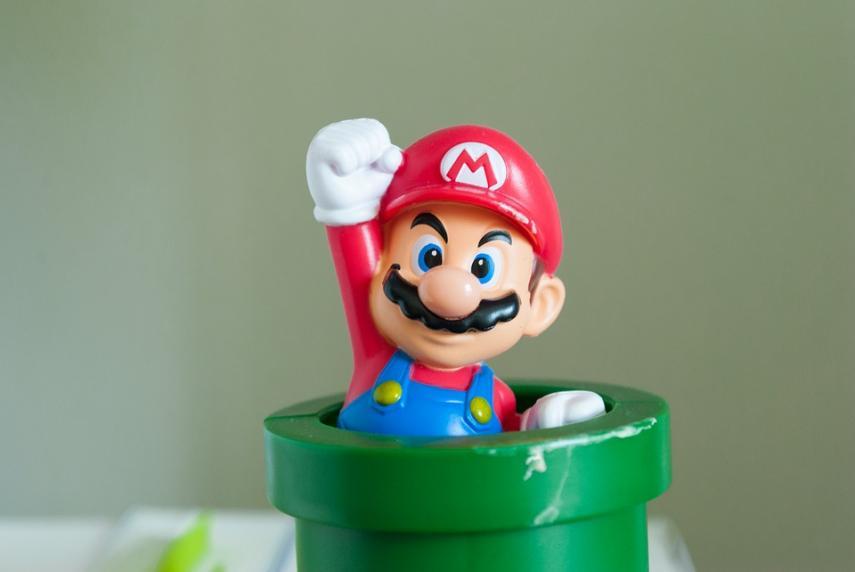Smartphone games from China and South Korea are growing in popularity in Japan, where developers are suffering from slowing earnings amid a dearth of hit titles.
Of 17 Japanese game producers focused on mobile content, 12 booked either a profit decline or a loss in the July-September quarter. Nevertheless, the Japanese market for smartphone games is expected to grow 15% this year to around $14 billion, according to App Annie, an American app market data company.
GungHo Online Entertainment, a pioneer in smartphone games in Japan, has seen a drop in users of its "Puzzle & Dragons," a blockbuster introduced six years ago.
Tokyo-based Marvelous is carrying out voluntary retirement plans for about 40 workers in its computer and smartphone game operations, slashing its staff to around half of peak levels. "The business environment has changed over the past few years, and now we have to spend 1 billion yen ($8.86 million) in development alone," Chairman and CEO Haruki Nakayama said.
One factor behind the decline in the field is that companies are struggling to grow out of their reliance on in-game randomized item purchases, which are often tied to characters. "Users are getting bored of gacha," said Sega Sammy Holdings President Haruki Satomi, referring to the charging mechanism modeled after toy vending machines.
Meanwhile, games from China and South Korea are gaining traction.
"Knives Out" from Chinese internet company NetEase, for instance, ranked fifth in estimated sales among smartphone games for this year, becoming the only new title squeezing into the top 10 compared with 2017. The "Battle Royale"-style game, in which 100 players compete until only one is left standing, has won many fans among middle- and high-schoolers. It ranked first in the volume of mobile ads it displayed in the April-September period, according to Video Research Interactive.
South Korean games "Lineage 2: Revolution" and "PlayerUnknown's Battlegrounds" are also drawing more fans.
Some Japanese game developers seek to take advantage of the popularity of overseas games. DeNA will distribute games from Chinese internet giant Tencent Holdings starting this fiscal year. Gree is collaborating with Chinese video streaming site Bilibili.
Japanese companies have developed numerous titles and then nurtured those that catch on, but this strategy has hit a snag. It takes two to three years to develop a game, and more and more developers are narrowing their focus.

